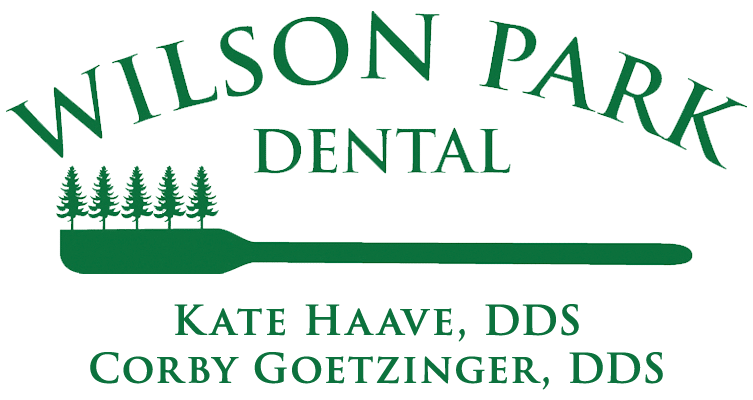Regular teeth cleanings should be part of every patient's routine care. Dentists recommend that most patients visit twice annually for a cleaning and comprehensive exam.
The benefits of teeth cleaning go far beyond a sparkling smile. This blog will detail the advantages of regular teeth cleanings and share what happens during a typical dental visit.
Advantages of Teeth Cleanings
Reduce the Risk of Tooth Decay
Dental decay is a common yet preventable condition that can result in tooth loss. A dental cleaning carefully removes plaque and tartar from tooth surfaces. Left alone, these substances release bacterial waste products that break down the tooth enamel and allow decay to begin.
Reduce the Risk of Gum Disease
Up to half of all patients over 30 have some level of gum disease. Gum disease starts with an early stage called gingivitis. This troubling condition is characterized by red, swollen gums that bleed during brushing and flossing. While this stage is reversible with professional cleanings and proper home care, dentists can only treat more advanced gum disease. Without intervention, gum disease eventually weakens the gum and bone structures supporting the teeth, causing tooth loss.
Prevent Bad Breath
Removing plaque and tartar eliminates the bacterial source of bad breath.
Promote a Brighter Smile
Hygienists use polishing toothpaste to remove surface stains, giving your teeth a whiter appearance.
Reduced Dental Costs
Regular cleanings mean that your dentist can detect problems at earlier stages when they are more manageable and less costly to fix. The longer you leave your teeth alone, the more likely you will eventually need major dental work.
Improve General Health
Teeth cleanings have demonstrated positive effects on oral health and benefit your physical health. Patients who receive regular cleanings are less likely to experience heart disease, dementia, and stroke, among other dangerous conditions.
Steps in a Teeth Cleaning
Examination
Your hygienist will check your teeth for signs of decay and gum issues. They may also take X-rays once a year to detect hidden problems and check the status of your existing restorations, such as fillings and crowns.
Scaling
The hygienist uses a scaling tool to remove plaque and tartar from the tooth surfaces both above and below the gum line. Scaling can help to prevent gum disease and tooth decay.
Polishing
The hygienist applies a gritty but gentle toothpaste to a spinning brush and polishes your teeth, removing surface stains and any remaining plaque.
Flossing
Next, the hygienist flosses your teeth and gives important hygiene recommendations.
Dental Consultation
Your dentist will examine you and answer any questions you may have about your teeth's condition and future treatments.
Sealants
Teenagers, children, and adults with no cavities in the molars may receive dental sealants. Sealants are safe resins that dentists apply to the molars to keep food and plaque from accumulating in the crevices.
Fluoride Treatment
Your hygienist may also offer a fluoride treatment to harden your enamel and prevent tooth decay. The most common fluoride varnishes harden quickly.
After Your Cleaning
You can return to your daily routine in just 30 minutes to an hour. After your visit, your teeth will feel smooth and clean, and you will notice a difference in surface stains. Most patients need cleanings twice annually, though some patients with gum disease may need more visits.
Frequently Asked Questions About Teeth Cleanings
Are teeth cleanings uncomfortable?
A teeth cleaning procedure should not be uncomfortable. Some patients with extensive plaque and tartar may experience gum irritation or bleeding during scaling, but this is not a sign that the cleaning damages your teeth. If you feel any discomfort, tell your hygienist.
When should my child receive their first dental cleaning?
Early dental care is essential for preventing future issues. Today, dentists recommend that babies make their first dental visit at about age one or within six months of the first tooth emerging. If your child sees the dentist starting at a young age, they will be more likely to feel comfortable and less likely to develop dental anxiety.
Call Wilson Park Dental
Even if it has been some time since your last dental cleaning, it is worth visiting a dentist and getting back on track. You will notice many benefits from taking good care of your teeth. Please call our Rapid City, SD, office at 605-343-9352 to learn more and schedule your appointment.

